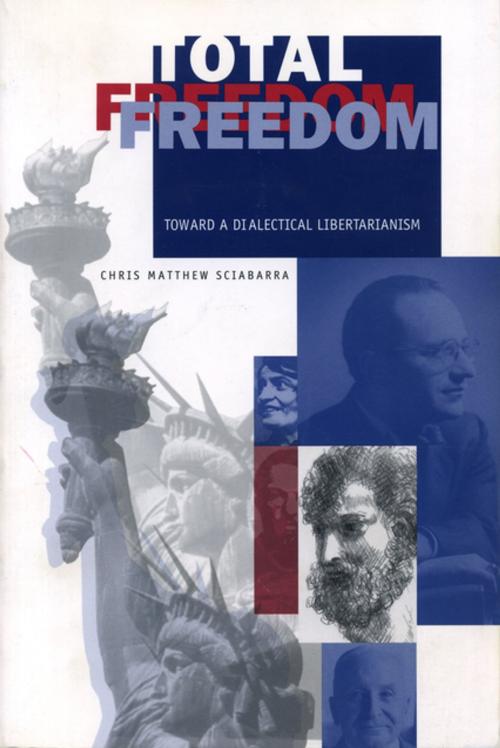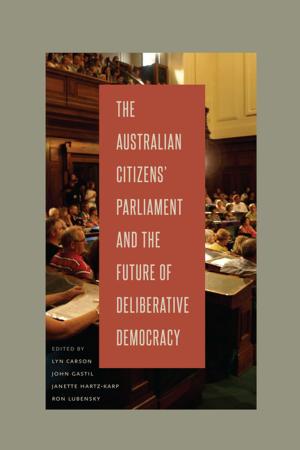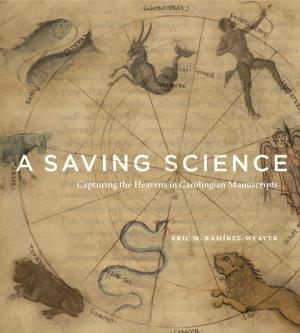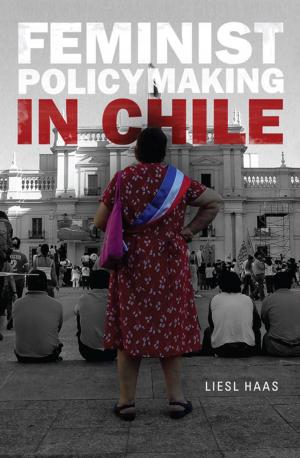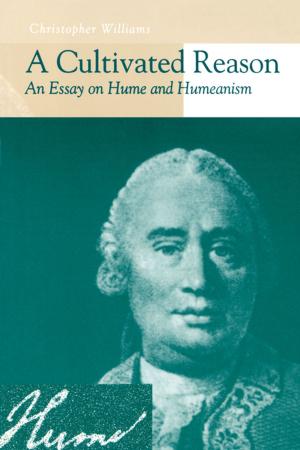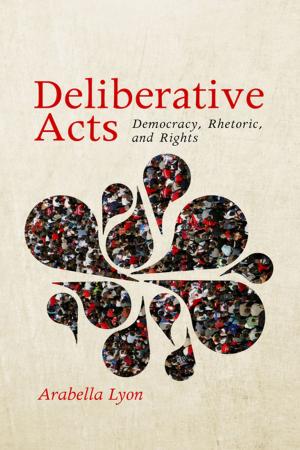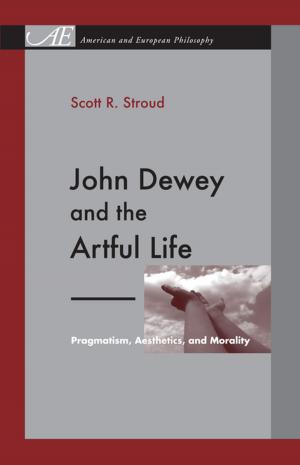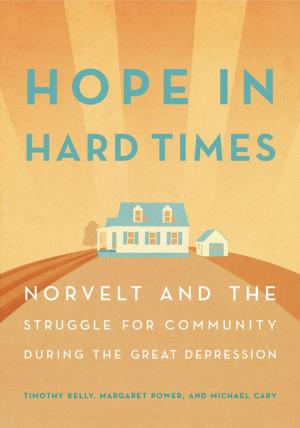Total Freedom
Toward a Dialectical Libertarianism
Nonfiction, Religion & Spirituality, Philosophy, Modern, Ancient, Social & Cultural Studies, Political Science, Politics, History & Theory| Author: | Chris Matthew Sciabarra | ISBN: | 9780271083711 |
| Publisher: | Penn State University Press | Publication: | November 23, 2000 |
| Imprint: | Penn State University Press | Language: | English |
| Author: | Chris Matthew Sciabarra |
| ISBN: | 9780271083711 |
| Publisher: | Penn State University Press |
| Publication: | November 23, 2000 |
| Imprint: | Penn State University Press |
| Language: | English |
Building upon his previous books about Marx, Hayek, and Rand, Total Freedom completes what Lingua Franca has called Sciabarra’s "epic scholarly quest" to reclaim dialectics, usually associated with the Marxian left, as a methodology that can revivify libertarian thought. Part One surveys the history of dialectics from the ancient Greeks through the Austrian school of economics. Part Two investigates in detail the work of Murray Rothbard as a leading modern libertarian, in whose thought Sciabarra finds both dialectical and nondialectical elements. Ultimately, Sciabarra aims for a dialectical-libertarian synthesis, highlighting the need (not sufficiently recognized in liberalism) to think of the "totality" of interconnections in a dynamic system as the way to ensure human freedom while avoiding "totalitarianism" (such as resulted from Marxism).
Building upon his previous books about Marx, Hayek, and Rand, Total Freedom completes what Lingua Franca has called Sciabarra’s "epic scholarly quest" to reclaim dialectics, usually associated with the Marxian left, as a methodology that can revivify libertarian thought. Part One surveys the history of dialectics from the ancient Greeks through the Austrian school of economics. Part Two investigates in detail the work of Murray Rothbard as a leading modern libertarian, in whose thought Sciabarra finds both dialectical and nondialectical elements. Ultimately, Sciabarra aims for a dialectical-libertarian synthesis, highlighting the need (not sufficiently recognized in liberalism) to think of the "totality" of interconnections in a dynamic system as the way to ensure human freedom while avoiding "totalitarianism" (such as resulted from Marxism).
